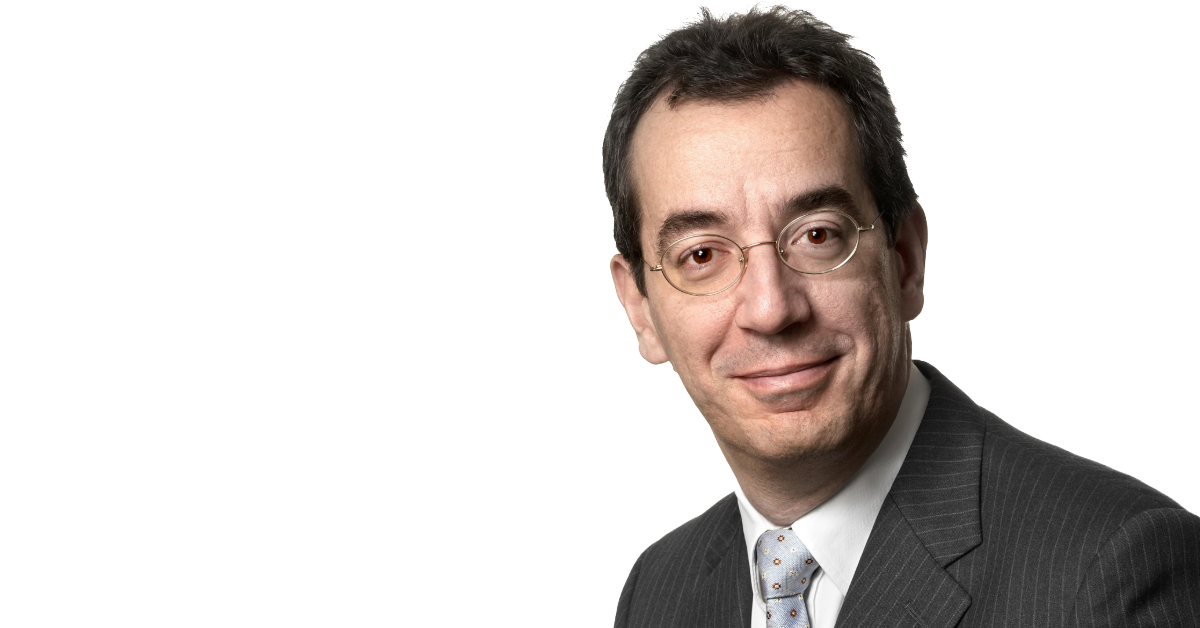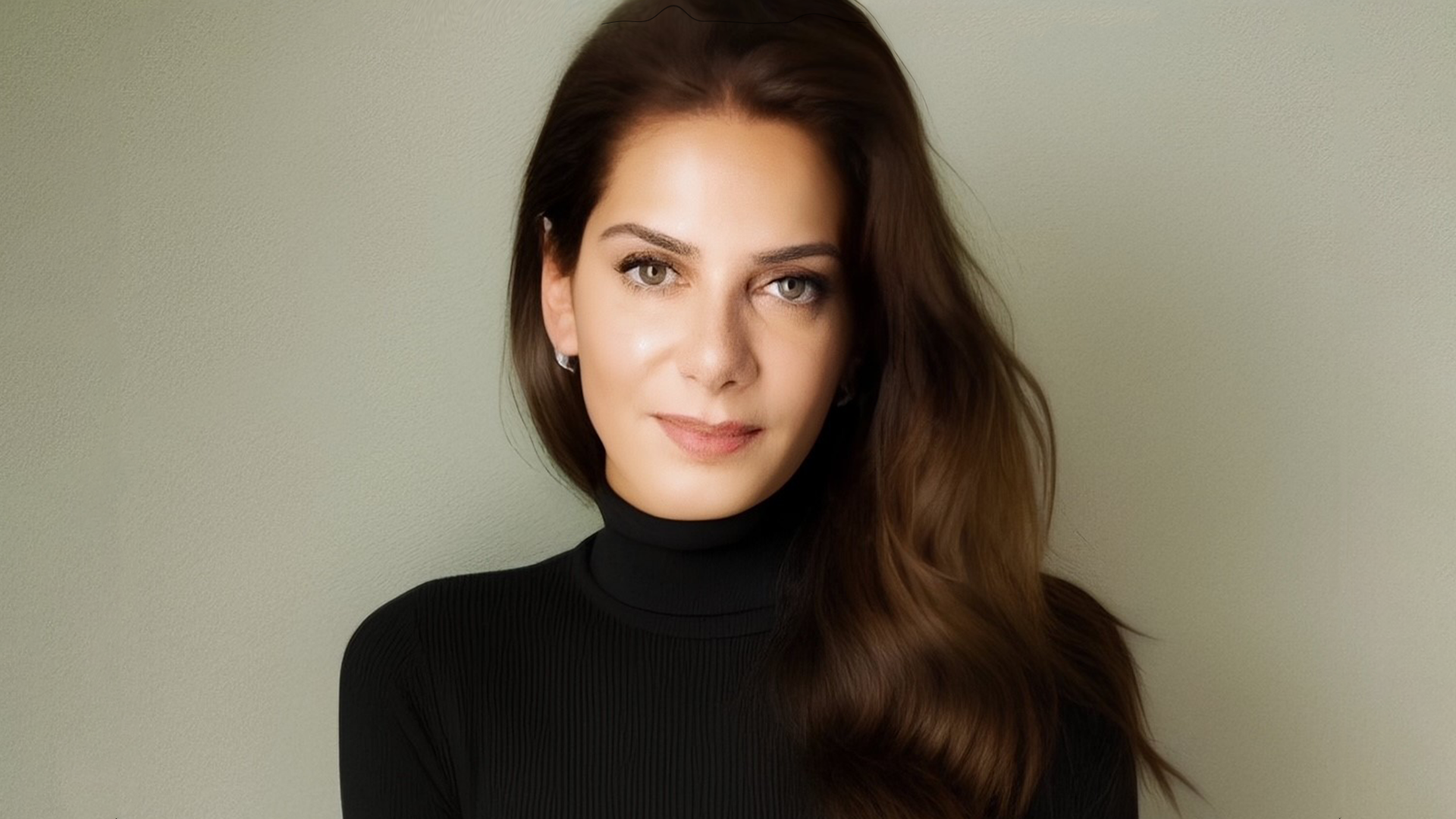
What does it take to become an ecologically sound business? Positive Luxury asked Sonu Shivdasani, CEO of Soneva, to explain how they employ the idea of ‘Intelligent Luxury’ to run their business.
Like a lot of green buzzwords, the phrase ‘ecotourism’ has often been seized upon by less-than-scrupulous companies wanting to associate with a trend. But it takes a lot of work to become an ecologically-sound business: even more so for the luxury travel industry, whose guests jet in from all over the globe.
But I truly believe luxury tourism can have a positive impact on society. When my wife Eva and I opened our first Soneva resort on the deserted island of Kunfunadhoo in 1995, we had a firm belief that a company must have a clear purpose beyond making money.
We wanted to create a dream destination for those who liked to travel in luxury, but also had an overwhelming desire to protect the environment and improve the community it is based in. It is a matter of thinking before acting when doing business, something I call “intelligent luxury”. Consider these two different examples: an international developer decides to build a large hotel complex. They hire in staff from their home country. Their guests are encouraged to consume imported, packaged products.
So the profits are repatriated, salaries aren’t spent locally and the community rarely benefits from this new commerce. They just suffer inflation on certain qualities of life that they had taken for granted such as cheap seaside living, or fish. In these circumstances, tourism has a negative impact.
Another way of doing it – and the way we strive to work every day at Soneva – is to start local. Local crafts and labour is hired, respected and encouraged. Initiatives are driven by the needs and desires of local people. Easy business wins are acted on quickly – for instance, we took the decision to stop offering branded bottle water, and instead serve water filtered, mineralised, alkalised, and bottled on site in reusable glass bottles.

Soneva Jani. Photo credit: Richard Waite
In 2008 we started to add a mandatory 2% environmental levy to our guests’ bills to offset their travel carbon emissions. In just eight years we have raised about US$6 million, which has been used by the Soneva Foundation to fund carbon mitigation projects. For example, we have planted around half a million trees, mitigating around 400,000 tons of carbon dioxide, as part of the Soneva Forest Restoration programme. We’ve financed wind power generators in South India, and distributed energy efficient cooking stoves to over 185,000 people in Myanmar and Darfur.
The private sector has a huge role to play in delivering solutions to the world’s environmental challenges. While the work done at our company is not enough to make tourism sustainable globally, as part of a network of businesses, the change we can effect is unlimited.
The value of finding and working with like minded organisations to effect rapid change can’t be underestimated. At the Soneva Foundation, for the past five years, twice a year, we have hosted the SLOWLIFE Symposia, which brings talent across science, business, philanthropy and policy together.

Image: SLOWLIFE Symposia
In 2012 the WHOLE WORLD Water (WWW) initiative was conceived at the event. The premise was simple: how can we scale up the Soneva model of filtering and bottling water locally instead of importing bottled water, and using part of the revenues to fund clean water initiatives? Last year WWW made its first investments in clean water projects in Cambodia, Uganda and India.
The scale of ambition for WWW is dizzying – we estimate that if the entire travel and tourism industry united around this single issue, we could raise $1 billion annually.
So we start with big, intelligent ideas. They are carried out at first on a small, local level – but with vast potential to scale up. This work has only grown and enhanced the luxury experience we offer to customers. I’m a deep believer that succeeding in business and succeeding in improving the world we live in are not mutually exclusive endeavours.

Soneva Fushi private picnic. Photo credit: Herbert Ypma
The next generation of luxury holidaymakers, with their ever-connected, hyper-informed, global lifestyles, will be even more demanding of the industry. And so now is a time for building on, questioning, and improving the work that has already been done in the ecotourism sector and making sure the industry is fit for purpose for the future.
Corporations should look back to the history books and remember that having a purpose was central to the mandate of some of today’s biggest brands – and that a business’ contributions to society should be measured and valued as robustly as any financial returns. That’s how we build an “intelligent luxury” travel industry that is positive for the environment, for holidaymakers, and for the bottom line.










